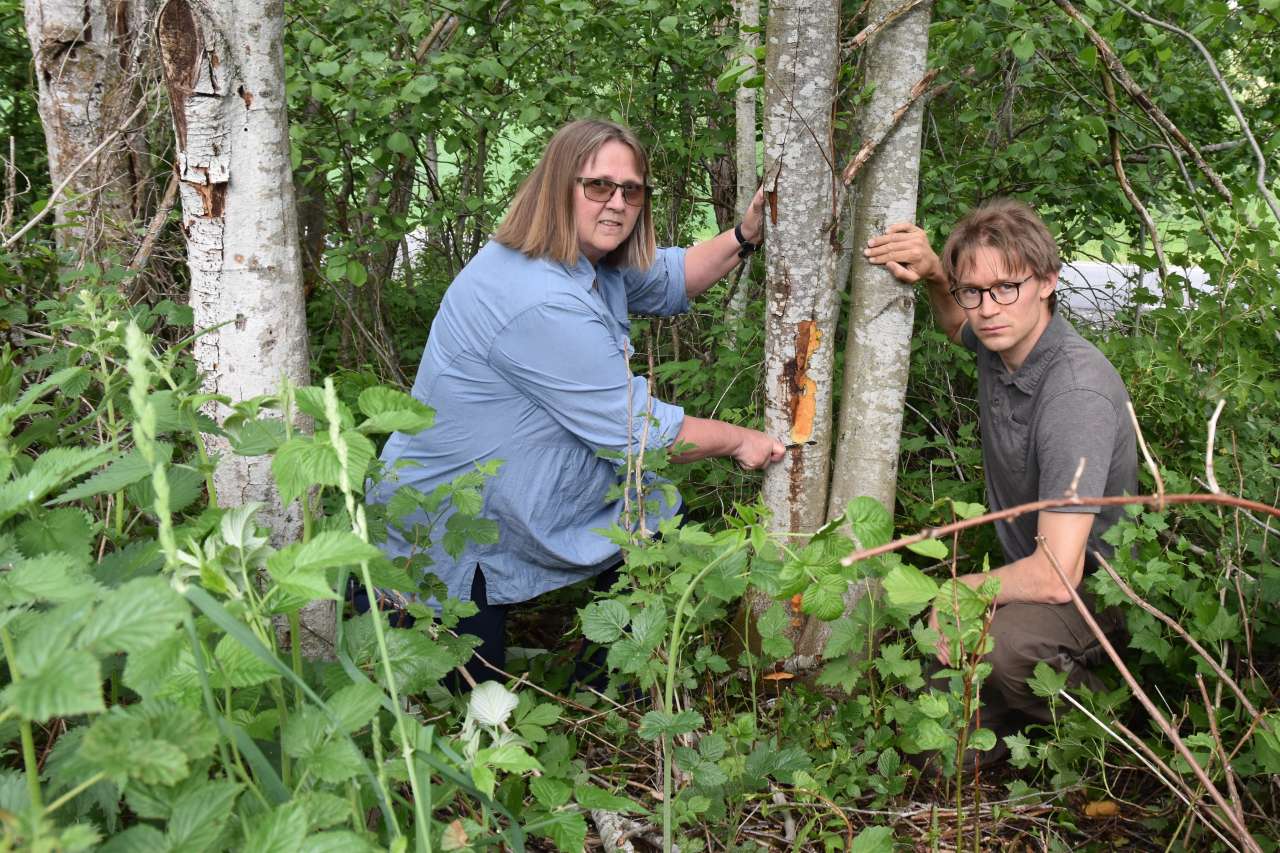Alarming discovery of imported Phytophthora

Photo: Siri Elise Dybdal
Species in the microorganism genus Phytophthora are crossing the border on imported plants and have killed trees both in landscape areas and natural environments. One study observed Phytophthora in 37.6% of imported woody ornamental plants.
For the last two years, NIBIO researchers have been working on an assignment for the Norwegian Food Safety Authority to survey for Phytophthora in imported plants. The study started in 2018, based on a strong suspicion that Phytophthora species were arriving in the form of stowaways in the soil around the roots of woody plants. This suspicion has now been confirmed.
"It is very alarming that 19 Phytophthora species were found in samples from imports in 2018 and 2019, six of which are species new to this country. As many as 38 out of 101 samples in 2019 were infected with one or two Phytophthora species", explains NIBIO researcher Venche Talgø.
"Plant import is a high-risk activity, and the findings in the survey are likely just the tip of the iceberg", says Talgø when commenting on the findings. She explains that these disease causing microorganisms have already killed a large number of trees alongside Norwegian rivers like the Glomma, Drammenselva, Nidelva and Akerselva.
The plant material in the study came from the Netherlands, Italy, Germany, Denmark, Belgium, Sweden and Poland, and had phytosanitary certificates from the export countries.
"The survey shows that phytosanitary certificates and lack of symptoms on arrival in Norway are no guarantee that the plants are healthy", NIBIO researcher Martin Pettersen adds.
"As we have seen with Covid-19 and people, plants can also be affected without showing symptoms. Latent infection can make the plants sick several months after they arrive in the country. When we consider how many plants we import every year, it is very worrying that more than one-third of the imported plant material contains Phytophthora."
According to Talgø: "We should now move from surveying to implementing effective measures to reduce this serious problem."
Contacts

Contacts

